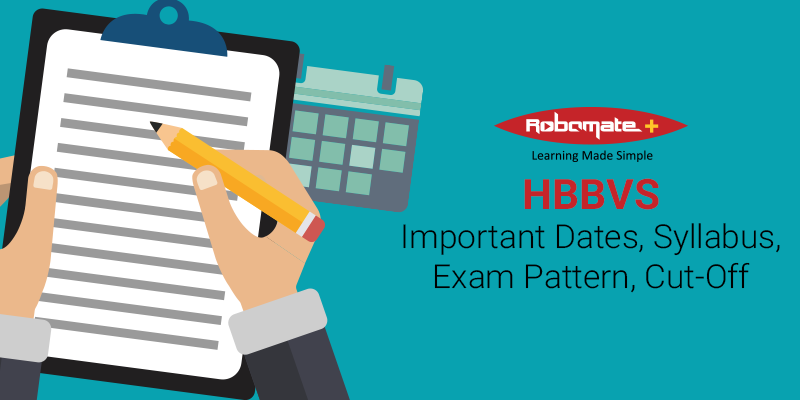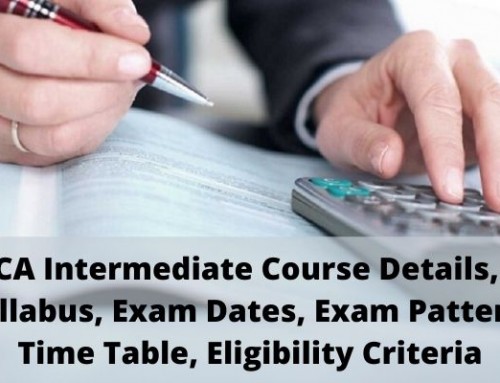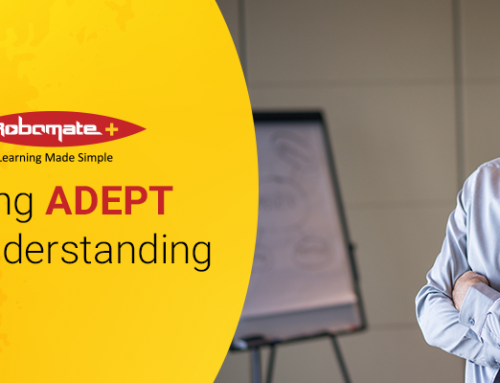About HBBVS
With an aim of luring the students to the field of science, Dr. Homi Bhabha Balvidnyanik Spardha( HBBVS)is held every year for the students of 6th and 9th standard. The exam is conducted by the Mumbai Science Teachers Association and encourages the students towards the field of science.
In this world of science and technology no one is unaware of the fact that science is changing our lives, and due to this change, various career options are also emerging in this field. Science has changed the world altogether in a different way, and the world of science needs the people with talent to take this field to new heights, and the students also should be made aware about this fascinating world of science and technology. HBBVS is also a way to get the students aware of this field, this talent based examination selects the talented students and provide them with a number of opportunities and grant them a better future ahead.
Syllabus for HBBVS
The syllabus is mainly the science subject and some general knowledge about science, the syllabus mainly depends on the class in which the aspirant is studying. The student preparing for this examination has to prepare all the topics included in their CBSE or ICSE textbooks. SSC curricula are followed for the classes 5th and 6th. The topics for each class are mentioned below;
Class 5:-
Living Things, Plant Life, Animal Life, Interdependence in Nature, Bones and Muscles, The Nervous System, Food and Health, Safety and First Aid, Rocks and Minerals, Soil Erosion and Conservation, Air, Water and Weather, The Moon, Simple Machines, The Environment, and Natural Calamities.
Class 6:-
Our Food, Playing With Magnets, Rain: Where does it come from, What Do Animals Eat, Materials and Things, Habitat, Separation of Substances, Fibre to Fabric, Plants: Parts and Functions, Changes around us, Water in Our Life, Simple Electric Circuits, Learning How to Measure, Movements in Animals, Lights, Shadow and Images, and Living and Non-living
Class 7:-
Food Components, Acids and Bases, Animal Fibre, Motion and Time, Temperature and its Measurement, Weather, Climate and Adaptation of Animals to Climate, Electricity, Air, Wind and Cyclones, Reflection of Light, Nutrition in Plants, Respiration in Organisms, Reproduction in Plants, Seed Dispersal, Water, Soil: Our Life, Forest: Our Life, and Changes around Us
Class 8:-
Force, Friction, Some Natural Phenomena, Stars and the Solar System, Synthetics Fibres and Plastics, Metals and Non-Metals, Coal and Petroleum, Combustion, Fuels and Flames, Electrical Conductivity of Liquids, What is Science, Cell – The Basic Unit of Life, Story of Micro-Organisms (part 1 and 2), Reproduction in Animals, Reaching the Age of Adolescence, Biodiversity and its Conservation, Different Ecosystems, Food Production from Plants Methods of Management, Production and Management of Food from Animals, Not For Drink, Not For Health, and Why do we fall ill?
Class 9:-
Motion, Laws of Motion, Gravitation, Work and Energy, Sound, Matter around us, Is Matter Pure?, Atoms and Molecules, What is inside the Atom?, Floating Bodies, Plant Tissues, Animal Tissues, Movement of Materials across a Cell Membrane, Diversity in Living Organisms, Sense Organs, Animal Behaviour, Challenges in Improving Agriculture Products, Adaptations, Soil Protection and Bio Geo Chemicals
Exam Pattern for HBBVS
The exam will be conducted in 3 phases
Phase 1- written test: The students of the 6th standard have to prepare the syllabus of class 5 and 6 for the exam and the students of the 9th standard have to prepare the syllabus of class 7, 8 and 9. The questions are objective type (MCQs). The examination is based on written mode and the duration of the examination is 90 minutes (1.5 hours). The number of questions is 100 and 1 mark is awarded for every correct answer and there is no negative marking.
Phase II-Practical competition: It include 5 experiments and 6 marks are awarded for each correct experiment, it also does not have a negative marking system.
Phase III: The last phase is the interview phase along with the Evaluation of action research project and the students that pass this phase are selected.
How to Apply For HBBVS
The students of 6th standard or 9th standard can apply for the examination.
The registration is done in two steps; school registration and student registration. Registration can be done by visiting www.msta.in and complete the registration for the school and after obtaining the id and password one can visit his profile and complete all the formalities like ‘Adding Fees’. The registrations can be an individual student or bulk student registrations and accordingly click on ‘Add student’ or ‘Upload Student’. After completing all the steps one can take a printout and keep for reference. The fees include rupees 210 per student, depending on the group. The money can be deposited from any SBI branch.
Important Dates:
Practical Competition Result: II week of January 2019
Interview and evaluation of research report: 17th Feb. 2019 Social Service League high School, Parel
Prize Distribution: 3rd March 2019 Yashwant Natyamandir, Matunga
Online Entry forms for 2019-2020: expected to be released in July 2019
Results and Cut-Off
7.5% of the students are selected based on performance in Phase I and are promoted to appear for the practical test. The meritorious 10% of the candidates from Phase II are selected for the last phase.
Among the selected candidates, the prizes are categorized into three
- top 10% candidates: gold medal, certificate and a scholarship of Rs. 1000/-,
- 40% students: Silver Medal, certificate and scholarship of 500/- and
- the last 40% candidates: Bronze Medal, certificate and scholarship of 300/-
How to Prepare For HBBVS
To crack the examination of HBBVS the students should keep in mind that the questions will be asked from the SSC syllabus and the general knowledge questions will be from the latest news and latest trends in the scientific world. Practical questions are given more importance over the other questions.











